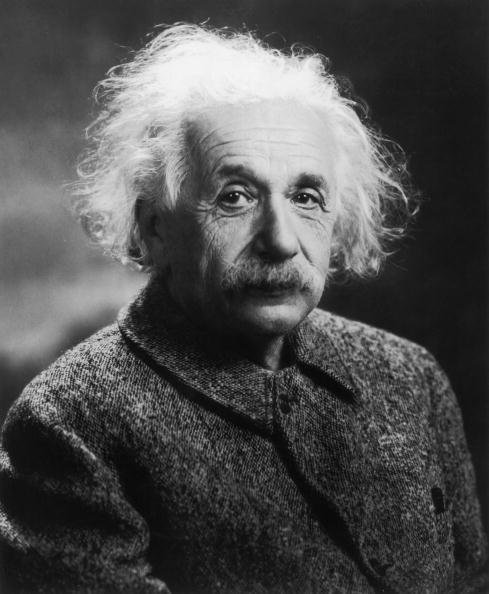In a study conducted at the University of Geneva (UNIGE) in Switzerland, a team of scientists managed to test Leonhard Euler’s equations and Albert Einstein on dark matter and the acceleration of the universe. Unfortunately, they realized that the theories had their limitations and were not entirely correct.
In the new study, published in the scientific journal Nature Astronomy, researchers say, at least for now, It is not possible to determine whether Euler’s and Einstein’s equations actually fit some phenomena, such as dark energy in the universe and the expansion of the universe itself.
As the scientists explain, the biggest problem with their inability to identify an answer was the absence of one component: the measurement of the distortion in space-time. Therefore, they could not understand whether the theories of Euler and Einstein are still valid for these two fundamental questions.
“The problem is that the available cosmological data do not allow us to distinguish between one theory that breaks Einstein’s equations and another that breaks down Euler’s equation. We show this in our work. We also offer a mathematical method to solve this problem. This is UNIGE Faculty of Science “It’s the culmination of a decade of research,” said Camille Bonvin, professor in the Department of Theoretical Physics and author of the study.
Euler and Einstein Equations
Despite the tentative results, the scientists believe the study is crucial for future research. Those trying to understand the origin of the universe and the accelerating expansion of dark matter; the latter is responsible for 85% of all matter in the universe.
The equations were correct from different angles, but the discovery of these two unexplained phenomena cast doubt on the workings of Einstein’s and Euler’s theories. If the warping of time is not equal to the sum of spacetime, Einstein’s model will be invalid. If the decay did not correspond to the speed of galaxies, the Euler equation would not be correct either.
Currently, there are already some missions trying to understand the accelerating expansion of the universe and the origin of dark matter with the help of equipment such as the EUCLID space telescope and the Dark Energy Spectroscopic Instrument (DESI).
Professor Levon Pogosian, from the Department of Physics at Simon Fraser University (Canada) and co-author of the study, said: “This will allow us to discover whether new forces or matter exist in the Universe that violate these two theories.” Said.
Source: Tec Mundo
I’m Blaine Morgan, an experienced journalist and writer with over 8 years of experience in the tech industry. My expertise lies in writing about technology news and trends, covering everything from cutting-edge gadgets to emerging software developments. I’ve written for several leading publications including Gadget Onus where I am an author.













